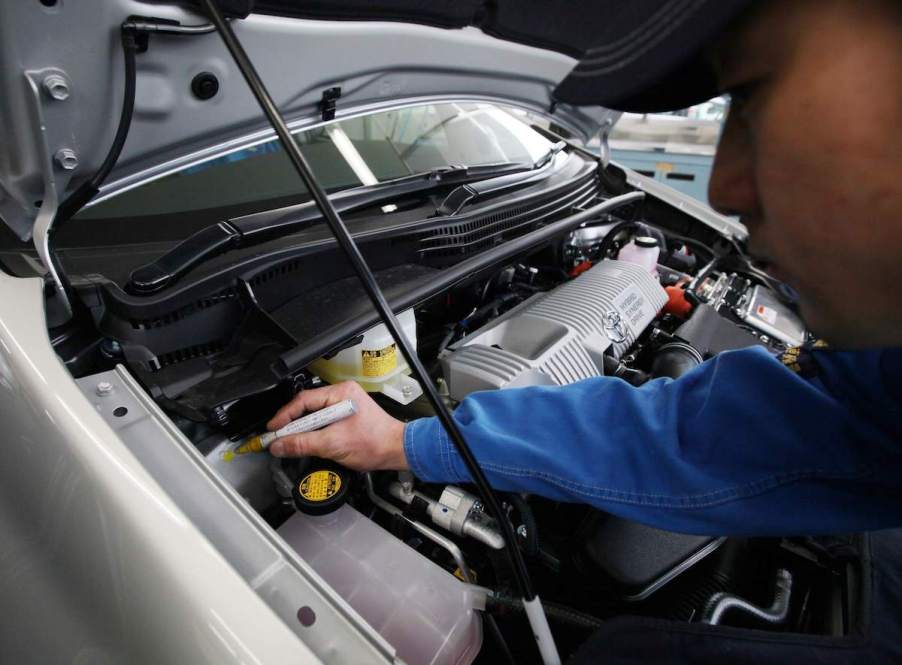
Why Do Cars Get Recalled?
Just like your food and toys can be recalled if found unsafe, your car may be subject to a recall at some point. Your car being recalled can be very inconvenient, but it is a good thing. Even with the rigorous testing and quality control measures automakers put their cars through before being released to the public, safety issues can arise, and they must be addressed. Let’s discuss what a recall is and what you should do if your car is recalled.
Cars get recalled for safety

According to Consumer Reports, the short answer is that cars get recalled because a safety problem has been identified and needs to be fixed as soon as possible.
The federal government has been responsible for car recalls since 1966, when the National Traffic and Motor Vehicle Safety Act became law. The National Highway Traffic Safety Administration (NHTSA) supervises all car recalls within the United States.
The NHTSA says, “A recall is issued when a manufacturer or NHTSA determines that vehicle, equipment, car seat, or tire creates an unreasonable safety risk or fails to meet minimum safety standards.” Most recalls are issued along with a remedy to fix the problem by automakers before any involvement of the NHTSA is needed.
Some recalls can be as simple as using software to update the car’s computer system. The owner of the car do these updates as easily as updating their phone. One big recall occurred when tens of millions of vehicles with Takata airbags had to be fixed. The airbags were found to explode when deployed due to long-term exposure to high heat and humidity. These explosions lead to injuries and even some deaths (NHTSA). There are even rare cases when the recall contains a “do not drive” warning. Mercedes-Benz had to issue one such warning due to some SUVs having faulty brakes that were not safe to use.
How do recalls happen
Kelley Blue Book says that any defect present in a car that can impact safety will trigger a recall. There are minimum safety standards, and a recall indicates these standards are not being met. Even if the defect is small, it can affect any part or system of the car, leading to unsafe driving conditions if left unaddressed.
The manufacturer of a car subject to a recall must take whatever action is needed to fix the issue. What the manufacturer has to do can be as simple as fixing a small defect or as costly as buying all the vehicles back.
When a recall is needed, the manufacturer will typically inform the NHTSA of the problem and then work with the agency to find a solution. The manufacturer will then announce the recall and notify all the owners of the affected car. The recall is usually issued through the mail, but it can also happen through email and other forms of communication. The notification includes an explanation of the safety issue, how the manufacturer plans to fix it, and instructions for the car owners for getting the repair done.
What to do if your car is recalled
If your car is recalled, the first thing that will happen is you will receive a notification from the manufacturer. Take notice in your mailbox seriously, even if you haven’t experienced any problems. Not addressing the issue could lead to putting yourself or others at risk.
Once you have the notification, go to the NHTSA website and plug in your car’s VIN. Any unrepaired car affected by a recall within the last 15 calendar years will show up on this database. It can take time for your car to show up after a recall announcement. Keep checking back until your car shows up as needing repair.
Your next step is to contact the manufacturer or your dealership to schedule a time to come in for a repair. The manufacturer may offer to perform the repair for free, depending on the severity of the problem. Or, you may have to pay for the repair, and the manufacturer provides a reimbursement program.
You will most likely be able to drive your car until your scheduled repair but be sure to listen closely for any warnings that would prompt you to keep your car at home.


